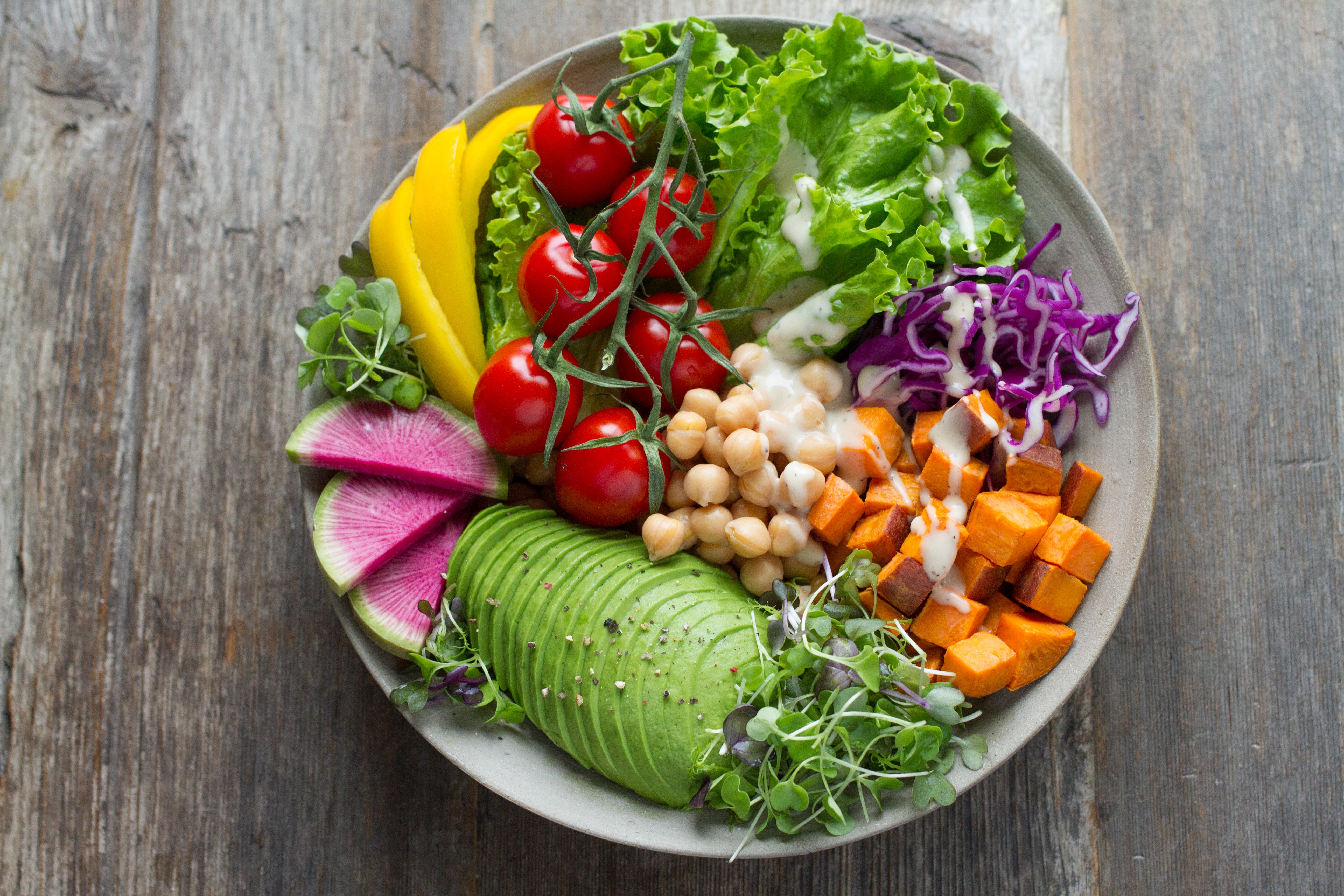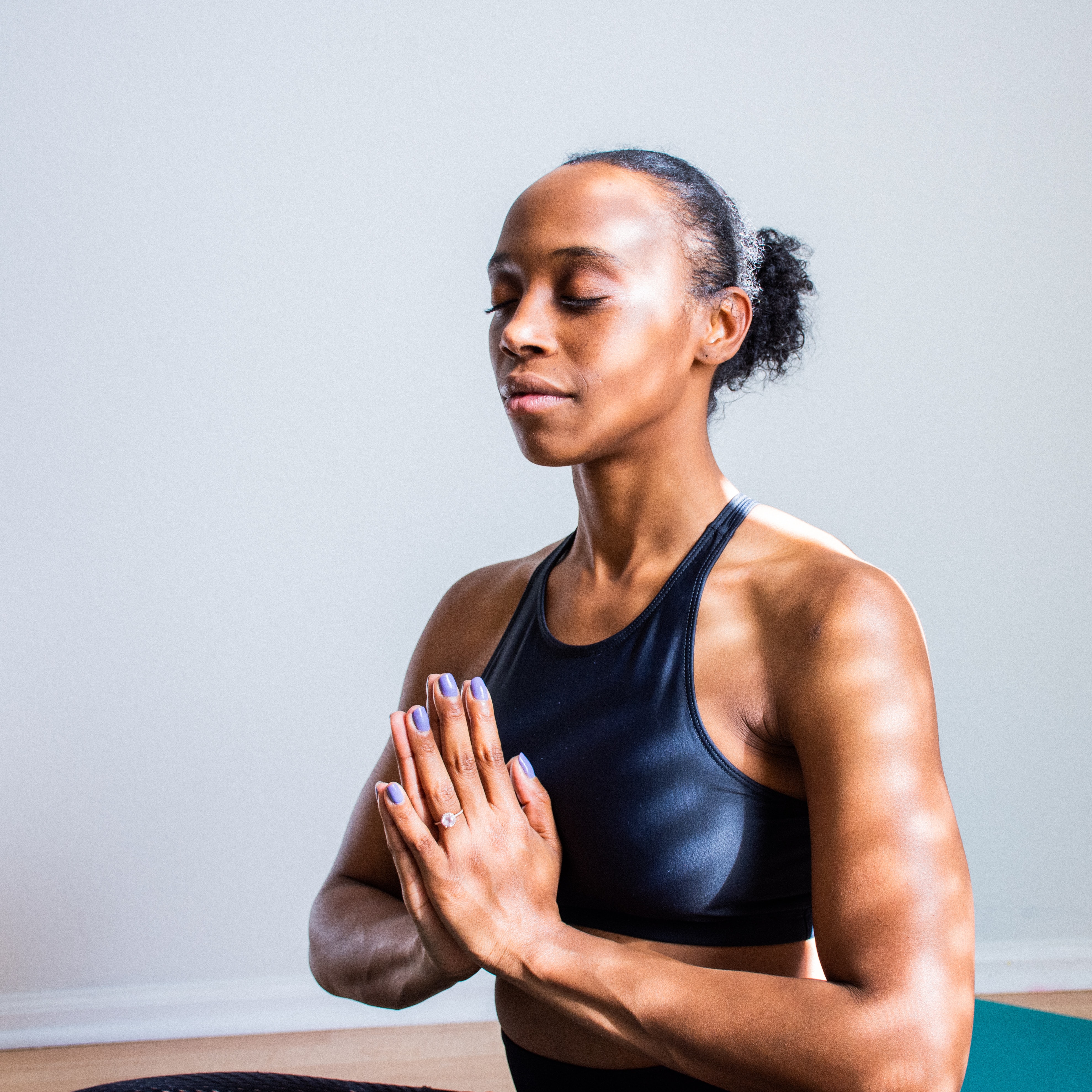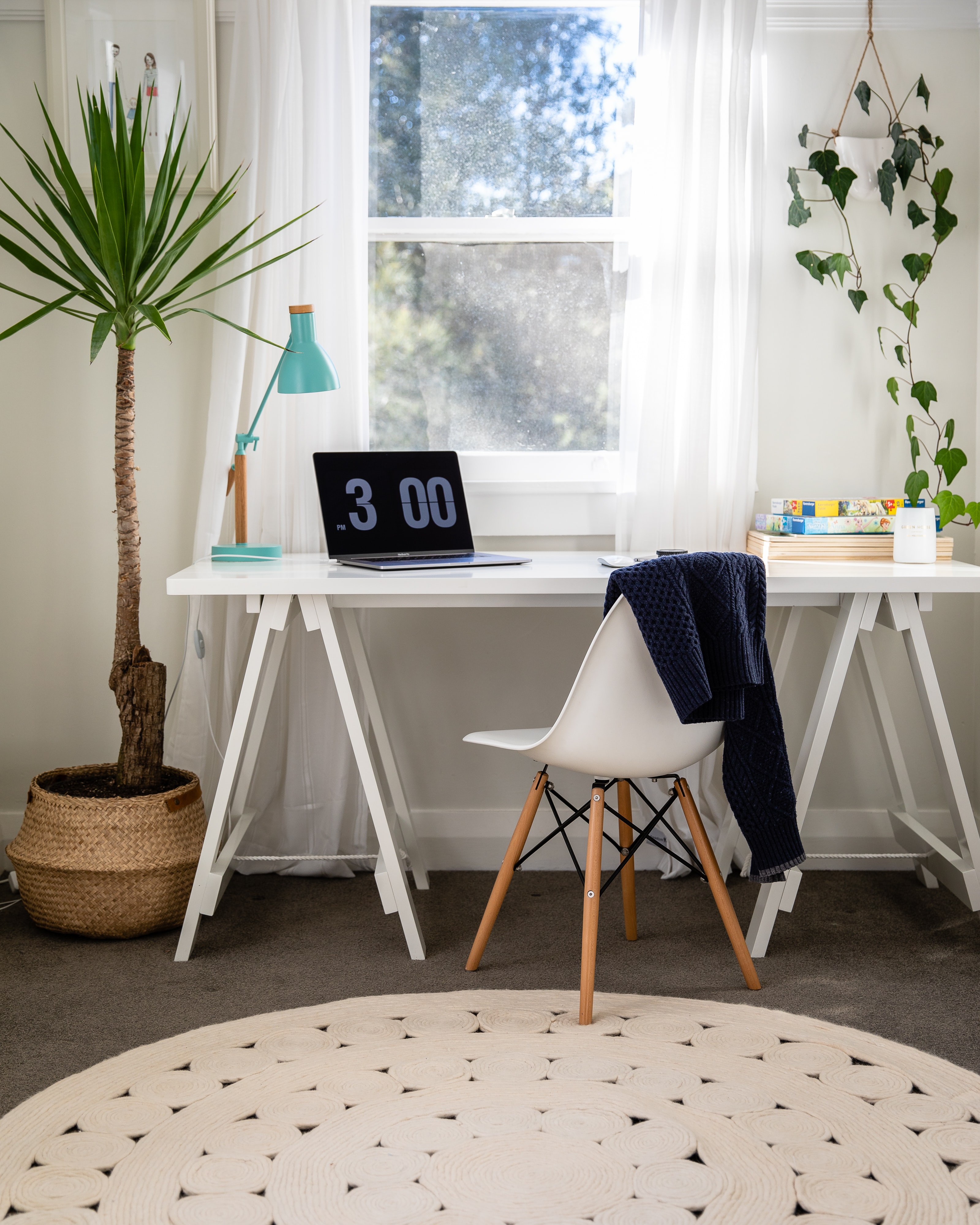A recent Wall Street Journal/NBC poll reported 80% of Americans feel the country is out of control.
The country has struggled with the COVID-19 pandemic, violence, racism, unemployment and conflicting information. Surrounded by these events, we can feel a loss of control that negatively affects our well-being and contributes to burnout.
But we can control important aspects of our lives to protect and improve our physical and mental health. Below are 5 accessible strategies for now and the years to come.
1. Control what you consume
Improve your nutrition.
During the COVID-19 pandemic,a recent survey reported that 54% of Americans were cooking more. This is good news as cooking at home saves money and has health benefits. Home cooking has been associated with healthier diets by containing less sugar, calories, and fat. Cooking is also an opportunity to incorporate more plants into your diet. Eating a variety of plants, specifically more than 30 plants per week, is associated with increased diversity of the gut microbiota. The microbiota are trillions of microorganisms living within us that help our immune system function, assist with nutrient metabolism, communicate with the brain, and perform other vital functions for our health. Lower diversity of the gut microbiota has been observed in certain diseases such as obesity, diabetes, inflammatory bowel disease, and some autoimmune conditions.
To improve your nutrition and overall health while preparing meals at home:
- Limit intake of processed foods, sugar, and alcohol.
- Increase intake of fiber rich, nutrient dense fruits and vegetables. When grocery shopping, stock up on a variety of fresh and frozen produce as well as whole grains.
- Add plant-based proteins to meals such as beans and legumes. These are inexpensive sources of protein that also provide fiber. Try replacing some animal protein at meals with plant-based protein.
- And if you are baking more, try using 25% less sugar, enjoy a serving, and limit your portion size by placing the rest in the freezer.

Consume news and social media carefully.
We live in a time of continuous, round-the-clock access to news and opinions. It is important to be informed of current events and experiences, but repeated exposure to the news cycle can negatively affect our mental health. People exposed to only negative broadcasts, became more sad, more anxious,and more worried about other unrelated concerns. Prolonged social media use also has negative effects on mental health. In Wuhan, China, frequent social media use during the COVID19 pandemic was associated with increased rates of depression and anxiety. We can control how we spend our time and improve our health. Limiting social media use can decrease loneliness and depression.
While staying informed of current events and using social media, protect your own health.
- Set a reasonable time limit for watching the news, reading online content and using social media. Use an app or timer to track social media use.
- Regularly search out positive news or inspiring human interest stories. Most news outlets have a page dedicated to good news. Actor John Krasinski successfully launched the web series Some Good News that was watched by millions during the COVID19 pandemic
- Consider using a sensitive media content filter on platforms.
2. Get enough sleep
Sleep deprivation is detrimental to our health. According to a 2015 consensus statement by the American Academy of Sleep Medicine and Sleep Research Society, adults should get 7 hours of sleep nightly. Sleeping less than this on a regular basis has been associated with adverse health outcomes such as increased infections, weight gain, diabetes, hypertension, heart disease, depression, and increased risk of death.
- Establish a regular bedtime, make the bedroom as dark as possible and try to wake up at the same time each day
- Limit caffeine, alcohol, large meals and electronic screen use in the evening.
- Remove electronic devices from the bedroom.
- Exercise daily, but not too close to bedtime.
3. Exercise
Regular exercise can reduce stress, improve immune function, and improve sleep. Exercise also reduces the risk of heart disease, diabetes, hypertension, and death. There may be more substantial benefits with outdoor exercise, but indoor exercise is beneficial too. Be creative! An exercise program can consist of strength training, aerobic exercise and flexibility. The American College of Sport Medicine recently published guidelines on how to stay active during the coronavirus pandemic.
- Schedule daily exercise when you are less likely to be interrupted or distracted.
- Start with thirty minutes of exercise daily. If you can’t manage 30 minutes, break it into smaller time slots.
- If possible, exercise outdoors, while maintaining physical distancing.
- Make a conscious effort to move as much as possible during the day. Take breaks at regular intervals and walk.

4. Take time to be mindful
Mindfulness practices are varied and include journaling, meditation, cooking, yoga, breathing exercises, and many more. Take time to slow down and practice self-care. Breathing exercises are helpful as they can be performed at almost anytime, anywhere. Breathing can often be shallow and rapid. Controlled breathing practices slow the breath, stimulate the parasympathetic nervous system, and help to calm the body. These practices take the focus away from negative thoughts and have been shown to reduce anxiety, stress and insomnia.
A few breathing exercises:
- Spend a few minutes each day becoming more aware of the breath with each inhalation and exhalation.
- Try to reduce mouth breathing by focusing attention on inhalation via the nose.

5. Connect with nature
Spending time in nature can decrease anxiety and depression. Some are lucky to have access to a garden, backyard, or parks for walks. Many adults and children, particularly in urban areas, have limited access to green spaces. If spending time outside is not an option, there are ways to experience nature inside. Even virtual natural experiences have beneficial effects.
- Grow plants inside.
- Listen to recorded sounds of nature.
- Virtually visit a national park or botanical garden.
- Hang up pictures of natural spaces.
- Watch wildlife videos.
These five strategies can help reduce stress and improve well being. Start with one and combine several of these approaches for additional benefits, such as a brisk walk outdoors. Stay active and engaged with your communities and loved ones. By finding small things we can control, we can better weather the things we can’t control.


